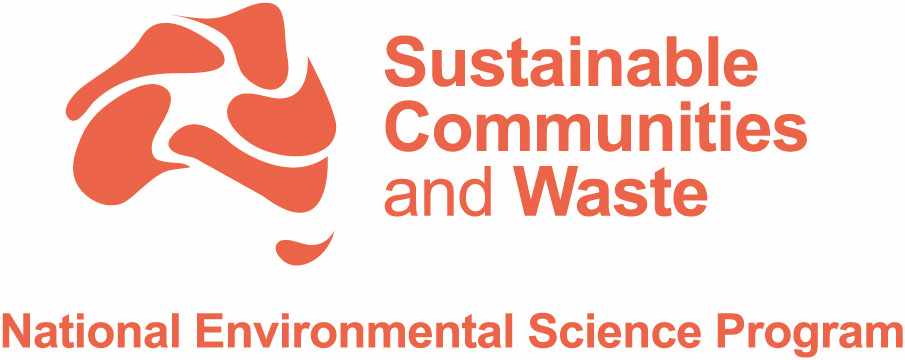Overview
Designing a circular economy that is inclusive and community-driven is essential to building a more sustainable future. Impact Priority 6 (IP6) is focused on exploring how communities, across urban, regional and rural parts of Australia, can meaningfully participate in circular economy (CE) initiatives. This new scoping study will inform a long-term research program that ensures people, place and participation are at the heart of circularity.
The research will help shape how government, local councils, businesses and communities work together to co-create safe and practical CE strategies.
What does community engagement in CE look like?
What does participation look like? Identifying the barriers and enablers that affect how communities, especially those in regional and remote areas, get involved in CE initiatives.
What’s needed to support communities? Exploring what tools, resources, and governance frameworks can help communities successfully adopt circular practices.
How do local and national policies align? Analysing regulatory overlaps and gaps that affect how communities engage with CE efforts, particularly in relation to risk communication and compliance.
Why?
Circular economy strategies are most effective when they are shaped by the communities they serve. While CE has strong support in principle, putting it into practice raises questions of trust and accessibility.
This scoping study will help shift the focus from purely technical or material considerations to broader questions of community wellbeing, trust and local participation. It will explore how formal and informal CE initiatives can work together, and how engagement in one project might spark momentum for others.
The project will also highlight how inclusive, place-based approaches can build public confidence in CE programs and ensure that the transition to a circular economy delivers real social and economic benefits.
Who?
Project lead:
- Prof Matthew Kearnes, UNSW Sydney
Project team:
- Dr Elizabeth Duncan, UNSW Sydney
Research collaborators and stakeholders:
- Department of Climate Change, Energy, the Environment and Water (DCCEEW)
- Local councils and the Australian Local Government Association (ALGA)
- Circular economy leaders in other metro and regional hubs
- Community partners connected through IP2 and IP5
What?
The project will run from May to November 2025 and includes:
- A review of literature and policy on community engagement and safe circularity
- A workshop with DCCEEW and meetings with key stakeholders to shape the study
- Three workshops across regional and metropolitan areas in VIC and NSW profiling a range of circular economy-focused initiatives.
- A final report outlining community needs, opportunities, and priority research directions for a full-scale IP6 project.
Insights from this scoping study will be used to design a longer-term research agenda under IP6, focused on participation and community engagement in place-based circular economy solutions.
What’s happening?
This project is in its initial stages and will commence in mid-2025. Early activities include stakeholder engagement and the commencement of a series of workshops.
By the end of the study, we’ll deliver a report outlining the research priorities for Impact Priority 6, shaped by the voices of participating communities.
What’s next?
The findings from IP6.05 will inform the design of a larger research program under IP6, focused on community-led CE initiatives. Anticipated outputs include:
- Case studies showcasing what circularity looks like in practice
- Tools and recommendations for government and councils
- Contributions to national CE policy design, education and engagement

